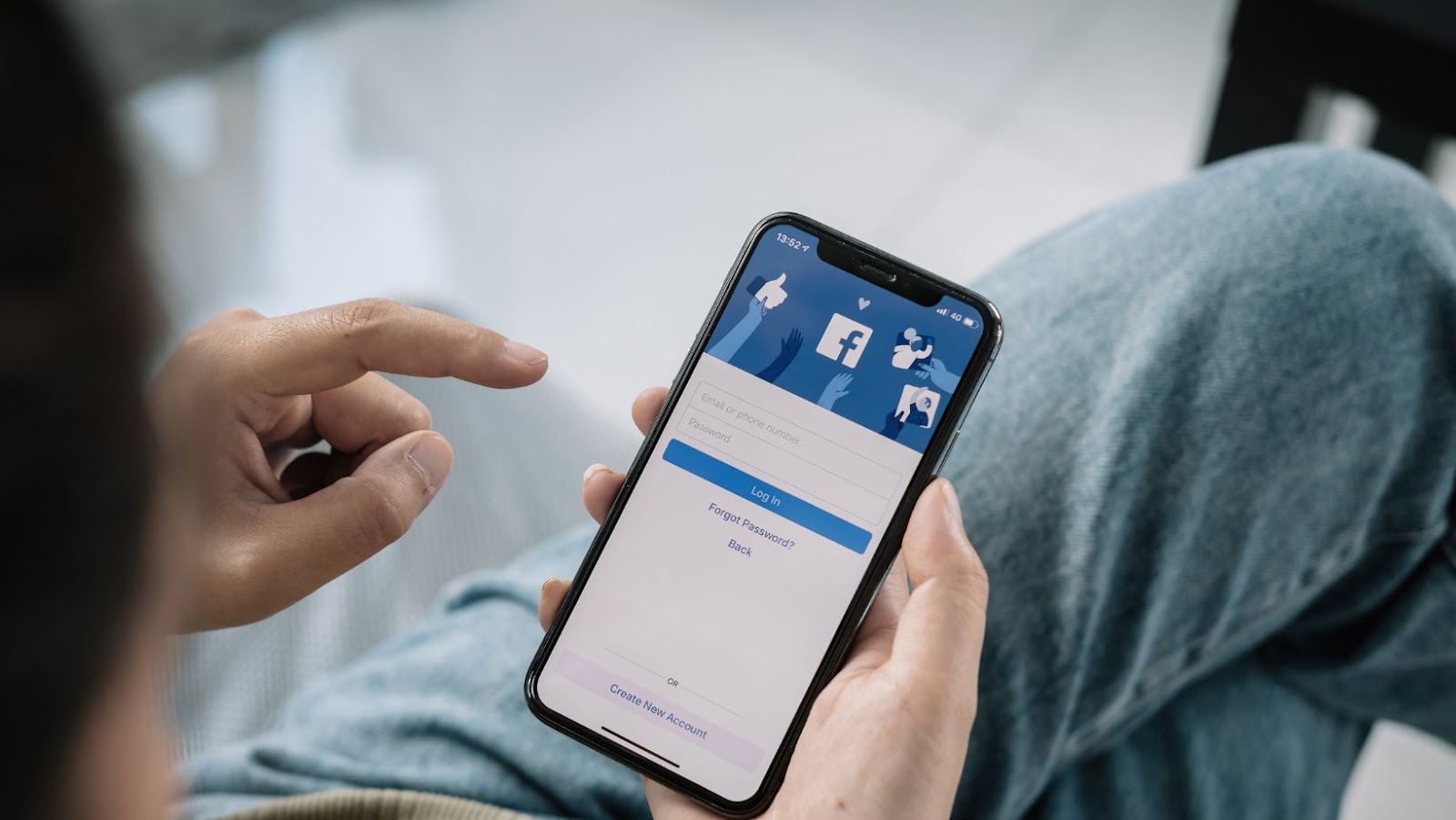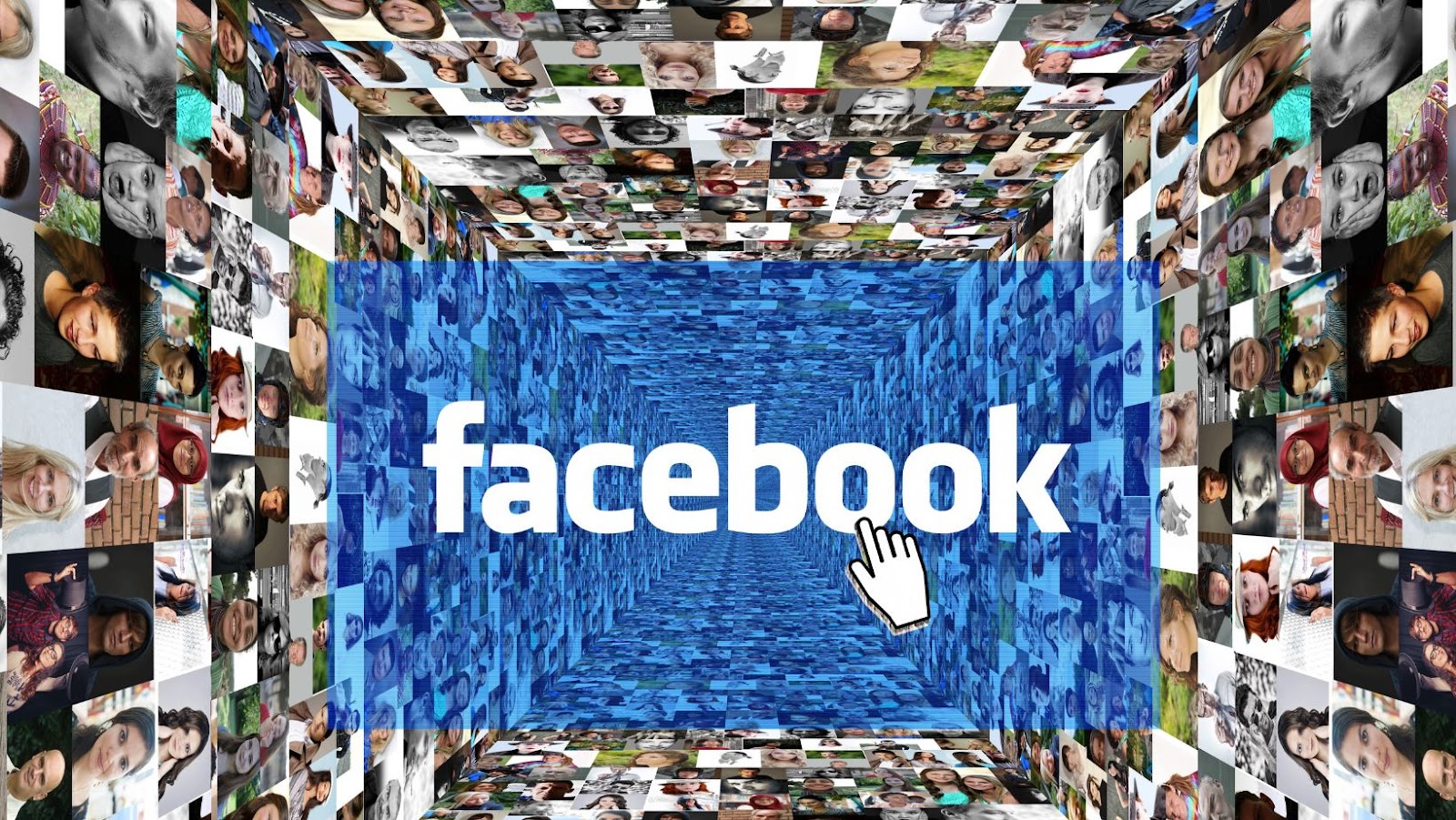
Facebook, the world’s leading social media platform, has recently been scrutinised for various issues. To investigate the impact of race and identities on its platform, as well as its impact on individual communities, Facebook commissioned a racial audit in 2018. The audit was conducted by civil rights lawyer, Laura Murphy.
In November 2018, the audit results were published and outlined various challenges and opportunities faced by Facebook regarding diversity and equity. Most prominently addressed were concerns regarding race-based exclusion in advertising, content moderation practices that target minority groups, political advertisements containing false claims about candidates identity or political stance, and weak protections against hate speech or harassment across different demographics.
Following the release of these findings, Facebook implemented several initiatives to address these issues and started taking responsibility for their part resulting in an improved user experience for both individuals and brands alike when navigating certain experiences on their platform. In this article we will discuss how Facebook responds to the findings of its racial audit (keyword: Laura Murphy Did Facebook’s Racial Audit).
Background
In 2018, Facebook commissioned a prominent civil rights leader, Laura Murphy, to audit Facebook’s policies and practices around civil and voting rights. Murphy and her team looked at how Facebook responded to hate speech, its efforts to protect marginalised communities, and its content moderation policies.

The audit’s findings and recommendations were released in a report in December 2019, and since then, Facebook has made significant changes to their policies and practices in response.
What is the Racial Audit?
The Racial Audit is an initiative launched by Facebook in 2018 to understand how racial and ethnic bias influences its products, policies, and enforcement. Led by Laura Murphy, a former Director of the American Civil Liberties Union (ACLU) Washington Legislative Office who joined Facebook in May 2018, the audit marks the first time a tech company has seriously invested in understanding structural racism affects its platform. The objectives of this audit include exploring how race-based discrimination impacts everything from content policies to news feed algorithms to enforcement.
Murphy’s team conducted dozens of interviews with academics, civil rights lawyers, advocates, and others working on issues related to race in technology and over forty hours of fact-finding with Facebook staff from across multiple disciplines. In addition, the team has consulted with world-renowned experts in psychology and sociology on unconscious bias awareness and training for Facebook employees.
Facebook also sponsored a symposium at Howard University entitled “Tech for Social Change & Adoption” which discussed ways that emerging technologies can be used for social good. Murphy attended the event, who shared her experiences working on the audit and addressed challenges posed by racism through technology innovation.
The findings from this initiative were released publicly late last year with recommendations including changes to content policies, product design guidelines around issues such as digital literacy or hate speech enablement; data research into user’s experiences online; improved responses to reports of potential bias; as well as increased investments into faculty diversity across FB’s talent pipeline processes (technical recruitment pipeline).
Laura Murphy Did Facebook’s Racial Audit
Laura Murphy is the former head of the American Civil Liberties Union (ACLU) Washington Legislative Office, and has 25 years of experience in civil rights advocacy. In 2018, she was hired by Facebook to lead a racial audit to help make sure that the platform’s policies are applied fairly to everyone.
Murphy’s report included findings such as Facebook’s algorithms contributing to systematic biases against people of colour. She also found issues with how the platform handled hate speech and other offensive content, especially for marginalised communities. Murphy suggested that for change to occur, leadership should establish goals/targets which measure progress in addressing biases and policies related to racism and other discriminatory practices. She also recommended changes to product design processes and feedback loops between product teams and user communities.

In response, Facebook has implemented several changes based on Murphy’s recommendations such as:
- Introducing new initiatives to promote diversity both internally and externally.
- Creating clearer policies around content moderation.
- Improving transparency around its algorithms.
- Appointing experts who will monitor the impact of its decisions related to race.
- Setting up programs in partnership with organisations like Color of Change.
- Improving employee training related to diversity, equity, inclusion (DEI).
- Embedding DEI representatives into core product teams.
- Increasing targeted investments into historically under-represented communities.
- Establishing an external accountability committee for evaluating bias in products/policies, etc.
Facebook’s Response
Facebook has recently released the findings of its racial audit, conducted by Laura Murphy. The audit was conducted following a request from civil rights groups and advocates to improve Facebook’s policies and procedures. Since the audit findings have been released, Facebook has been exploring ways to make changes in response to the recommendations.
This article will discuss how Facebook has responded to the audit findings.
Changes to Policies and Procedures
Facebook has taken action to address the findings of the Laura Murphy Did Facebook’s Racial Audit. The company has changed its policies and procedures designed to promote tolerance and diversity on its platform, including changes to its ads policy, hate speech policy, and community standards.
In addition, Facebook has hired more racially diverse staff, formed a dedicated internal team tasked with addressing issues identified in the audit, created an external monitoring and evaluation team to ensure that the company is meeting its goals of promoting racial inclusion, and committed $40 million towards initiatives aimed at promoting diversity throughout Silicon Valley.
The Laura Murphy Did Facebook’s Racial Audit report was released in December 2019 with over 200 recommendations for how Facebook can better serve its diverse user base by being more inclusive through racial equity.
Investing in Diversity and Inclusion
In response to the findings of its racial audit conducted by Laura Murphy, Facebook has subsequently invested more into creating a more diverse and inclusive company culture. This includes programs for recruiting talent from underrepresented communities, ensuring that all people at Facebook have an equal opportunity to lead, providing employees with unique educational opportunities, and promoting diversity through higher-level employees.
Facebook is introducing new initiatives and management strategies focusing on diversity, equity and inclusion (DEI), including mentorship programs, community events and support services for underrepresented groups. The company is also looking at ways to diversify its talent pool by recruiting from historically Black colleges and universities (HBCUs). In addition, facebook is developing DEI technology-driven solutions to identify and address bias in hiring practices across its global operations.

Furthermore, Facebook recently invested in organisations to advance Black leadership within the tech industry. These organisations include:
- CODE2040 to increase opportunities for Black technologists through the promotion of STEM education;
- US Black Chambers Inc., which represents African American business owners;
- United Negro College Fund to fund scholarships for African Americans;
- New America CA to assist in policy development related to technology access;
- #YesWeCode a nonprofit dedicated to diversifying America’s tech talent pool;
- Code for Progress ($2 million grant) and RAICES Texas ($3 million grant) – organisations that provide legal assistance for immigrant populations affected by border policies – among many other initiatives.
These investments are part of Facebook’s effort to foster a welcoming environment at work where everyone can do their best work free from discrimination or bias. By taking these steps towards mitigating unconscious bias and enabling more equity in hiring processes, Facebook is setting an example for all organisations looking for ways to promote DEI internally.
Hiring and Training Practices
Facebook’s response to the findings of its racial audit, headed by Laura Murphy, stresses the need for hiring and training practices to be more inclusive and equitable. With such a large employee base, Facebook recognizes that they must continually strive to create an environment where all voices can be heard.
In addition to hiring diverse staff at all levels in the company, Facebook is dedicating resources to ensure that their employees are well-equipped with up-to-date knowledge and necessary tools. Foremost amongst these initiatives is the development of comprehensive onboarding processes for those coming into the company regardless of backgrounds or identities. Furthermore, Facebook aims to promote a culture of equity through anti-bias training that is mandatory for all managers and staff. Such programs will emphasise best practices on approaching business decisions without bias or prejudice towards any individual or group.
Additionally, Facebook plans on investing further in employee support services such as:
- Diversity mentorship programs for underrepresented employees.
- An Equal Opportunity Working Group dedicated solely towards advocating for issues relevant to underrepresented groups within its workforce.
The objective here is clear: foster inclusion by providing resources and opportunities aimed at minimising bias in both organisational awareness & decision making processes.
tags = facebook meta, facebook meta civil rights auditor, civil rights audit report, commitment to move toward increased equity, safety and dignity on our platforms, profile laura facebooknixbloomberg, profile aclu laura facebooknixbloomberg, enhance protections for marginalized communities, meta’s progress on civil rights audit commitments













